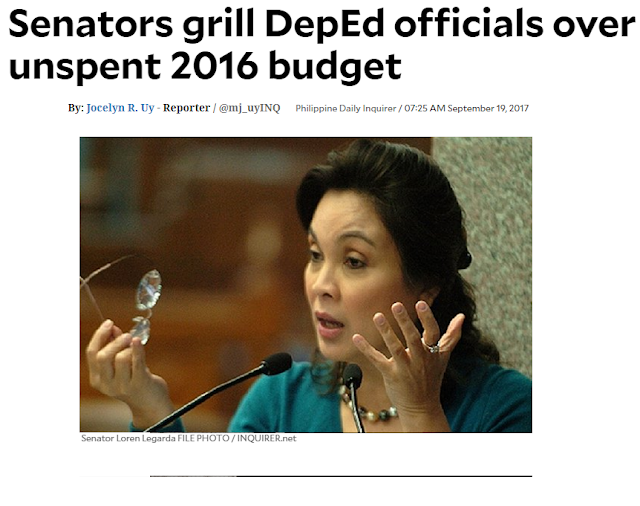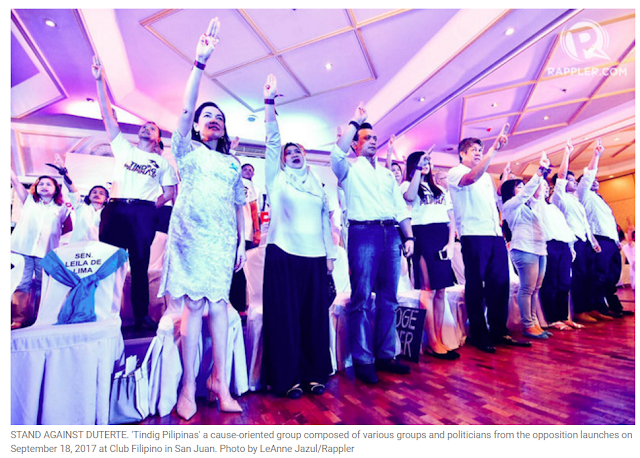The "Wisdom" of the Philippine Congress

The House of Representatives in the Philippines just approved the national budget for 2018. It was nearly unanimous. The vote was 223 to 9. An appropriations bill encompasses so many issues and interests so it is not really straightforward to infer what is behind a representative's vote. However, the process does begin with a proposed budget from the executive branch. Therefore, how the approved bill differs from the proposed budget can shed some light on what the legislative branch is thinking. Congress did make changes to what was proposed and the Department of Education had the biggest cut, 30 billion pesos. Above copied from Interaksyon The cut was made apparently to fund a law that Congress passed recently, R.A. 10931, the "Universal Access to Quality Tertiary Education Act". This law provides free tuition to all students enrolled in state colleges and universities. Earlier, when questions were raised regarding this Tertiary Education Act, Senator Aquino pro...











